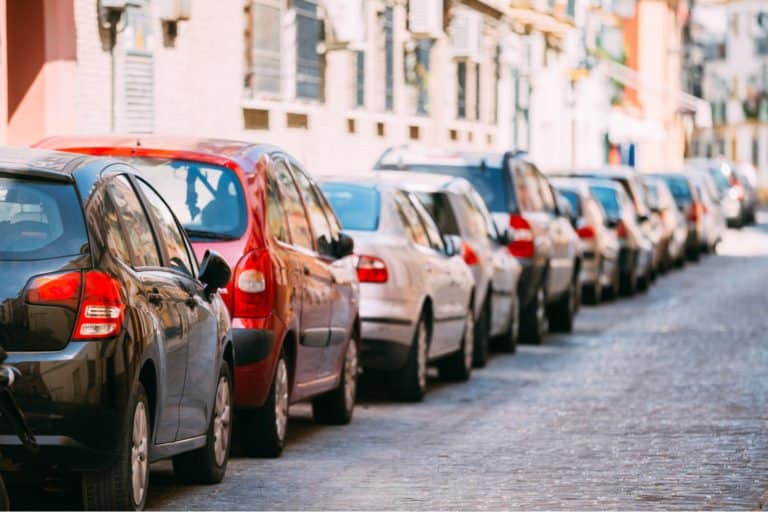Powered by an absolute clean electricity grid in Germany, Northvolt Drei establishes the cleanest batteries in continental Europe with a capacity of up to 60 GWh.
Northvolt’s factory assembled its first battery cell in December, located in the northern Swedish town of Skelleftea. The second, a joint venture with Volvo Cars, is located in Gothenburg in Western Sweden.
Today, Northvolt announced its plan to establish a lithium-ion battery plant with a 60 GWh capacity in Heide, northern Germany. The company has promised to deliver credible lithium-ion batteries to the European market, enough to produce one million electric vehicles.
The biggest known owner of Northvolt, Volkswagen AG, said that it had signed an official memorandum of developing a factory in the Schleswig-Holstein state and the Heide region. It is expected to produce its first Giga batteries in late 2025.
Moreover, this Giga factory aims to increase the battery manufacturing capacity under 170GWH of Northvolt.
Northvolt initiates clean technology ventures in Northern Germany
Intended to produce the first batteries in late 2025 and offers around 3,000 career opportunities, the focus of Northvolt Drei is to provide high-performance lithium-ion batteries with the production ratio of the lowest environmental footprint.
Besides battery production, Northvolt Drei aims to target an on-site recycling plant of batteries that will guarantee the re-utilization of byproducts from the production and development process.
The company has chosen Heide as its factory launch location because this region hosts the cleanest energy grid in Germany. Due to this plan, Northvolt has managed to secure $50 billion in contracts with its key contributors. This includes:
- Scania
- BMW
- Polestar
- Volvo Cars
- Volkswagen.
They will be funding this plan, which includes developing recycling capabilities to offer 50% of its raw material to be the source of recycled batteries in 2030.
